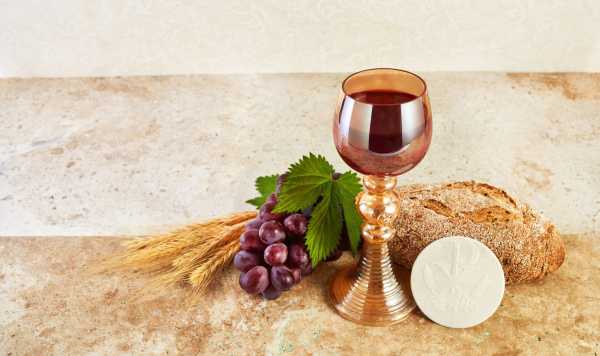On this brightest of holidays, the presence of true community fills the soul.

Loading Elevenlabs Text to Speech AudioNative Player…
How do we define what and who makes up our community?
By a strange coincidence of my upbringing, my “community” for many years was my immediate family: my mom, my dad, my younger brother. My parents, who later became parents, had few friends with children of similar ages. And because they waited so long to become parents, they were careful about who my brother and I associated with. They were wary of outside influences on our family.
I made friends easily during my three years at a small private elementary school, but this stage proved to be something of an in-between. I was home-schooled from the third grade onwards. Eventually my brother joined me.
My father had the difficult task of teaching me math and, later, algebra; my mother handled everything else with flying colors, including English, history, Greek mythology, and other fascinating subjects. Homeschooling was such a novelty in the 1990s that I learned not to correct nosy adults when they assumed I was in a public school—an oversight I regret. Even more sadly, I lied when asked by authority figures like my dentist whether I was making friends at “school.” My father advised me to answer such questions directly: “I don’t have any friends my age, and I don’t want to,” he would tell me. But with his confident tone and expressive manner, my father could pronounce such words far better than I ever could.
Don’t get me wrong: I loved this arrangement because my parents were incredibly smart, witty, caring, and forgiving people. I preferred being with them to anyone else. I went to the office with my father; I went to the movies with my mother. Who else but my father could so readily support my literary aspirations? Who else but my mother could pepper conversations with quotes from old movies that we both knew by heart?
Consequently, I grew up without a clear sense of identity other than as my parents’ son. I didn’t attend a school where I could develop “school spirit,” and I didn’t have enough friends my own age or age to pick up on short-lived enthusiasms for rock stars or sports heroes. In many ways, my upbringing shaped me as a strong critical thinker. I didn’t inherit the piety, platitudes, and prejudices of many people of my generation. When these became a cultural force decades later, I was not receptive to the awakening.
However, I have found that the pull of community is stronger than I ever imagined as a teenager. One needs to belong to something bigger than just one’s family. After all, parents eventually leave the scene; one cannot spend one’s entire life copying their views, opinions, and habits of thought – although one should always respect these things.
Yet throughout my young adult life, I found myself clinging to a kind of substitute for the community I had once rejected. There was the community of my chosen profession, journalism. I loved hanging out with my ink-stained colleagues, whether they were across town or across the country: the gray-haired, no-nonsense editors who didn’t hesitate to rope me into assignments on a day’s notice or to email me edits at 3 or 4 a.m., as my favorite editor at National Review, the late Mike Potemra, did. In my twenties and early thirties, I identified deeply with the cynical, sarcastic, insightful spirit of the veterans of my profession.
Sourse: theamericanconservative.com